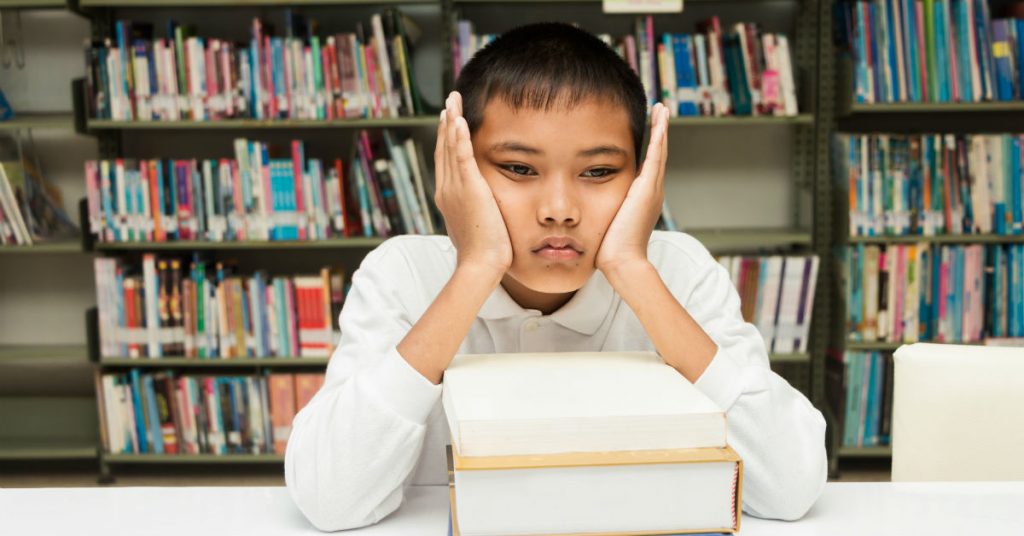
In 2011, the CDC found that 11% of children had been diagnosed with Attention Deficit Disorder (ADD) or Attention Deficit Hyperactivity Disorder (ADHD). This has led to questions about the cause of this increase in cases, and the treatment used. Certainly, over medication has become an issue, and if you are a parent you may feel like you have little recourse but to put your teen on drugs to curb their symptoms.
Medical professionals are actually reluctant to medicate children or teens who have been diagnosed with ADD and ADHD. Behavioral therapy is instead promoted as the first line of treatment, with medication only prescribed in extreme cases, or when outlying factors exacerbate the disorder.
One thing is for certain: the earlier the intervention, the better. Studies and followups examining long term outcomes for ADHD sufferers suggest 1/3 of diagnosed children – the mean age being of 10.4 – would qualify for a diagnosis of adult ADHD by 27. But that means ⅔ of those treated will see a reduction in symptoms by the time they reach an adult age.
Common Symptoms Of ADD and ADHD
- Inability to focus, or to keep their attention set for more than a few moments at a time.
- Repetitive actions or verbal expressions, indicating compulsive behavior.
- A lack of impulse control, or ability to control themselves from taking part in harmful behavior.
- Aggression and irritability, with or without acting out behaviors.
- Continuous disruptions in inappropriate settings, such as during class.
- Compulsive, jittery movements, or being unable to sit still.
- Intense anxiety, depression, and mood swings.
Teens suffering from these behavioral disorders face many challenges, beyond being unable to focus on their schoolwork. ADD and ADHD touch every facet of their lives, making it difficult to cope. Their academic performance, social relationships, and home life can all suffer as a consequence.
Behavioral Reconditioning and Its Place In ADD and ADHD Treatment
In extreme cases, medication may be prescribed to treat some of the symptoms of ADHD. However, behavioral therapy and reconditioning are considered the most effective means of treatment, and should be sought before turning to medication. Many therapy options exist, including more intensive programs that cover additional aspects of your teens life that may have been harmed by their condition.
While inpatient programs are available, including therapeutic boarding schools (for those struggling with academic performance) and rehabilitation centers, many parents are reluctant to send their teens away. The teenagers, likewise, see this as a sign that they have been too bad to remain with their families, or are so “broken” that they have been kicked out. Of course professionals can work to help them see this isn’t the case, but it is for that – and many other – reasons that boarding programs are a last resort.
There is a source of anxiety for parents who choose this option: how do they cope with the challenges of their teen’s behavior? After all, they have been struggling with that since before the diagnosis was made. In some cases the problems may be so severe that parents may actually be afraid of making things worst for their teen, or other members of the family.
It is true that this route isn’t an easy one, and many challenges ahead will test the patience of everyone involved. But you can learn the skills you will need for parenting a teen with these disorders. With the right information, you will be ready to give them the support they need, and be able to continue helping them improve.
You will also learn valuable coping mechanisms that give your a healthier outlet for your frustration, anger, fear, and sadness. Not only will your teen gaining a crucial resource, but you will, also.
Parenting Teens With Behavioral Disorders
Parenting a teen who is struggling with ADD or ADHD can be incredibly frustrating. You may not know where to turn, short of medicating them enough to curb some of their behaviors. But this doesn’t fix the problem, nor does it teach them to cope if the issue is a chronic one.
A program designed to treat your child while they remain at home with you is the ideal option for getting them the help they need. For more information on this and other therapeutic options for your teen, visit Parent Learning Center.










Speak Your Mind